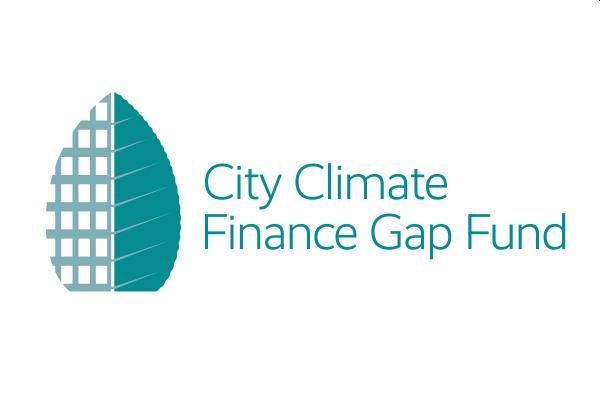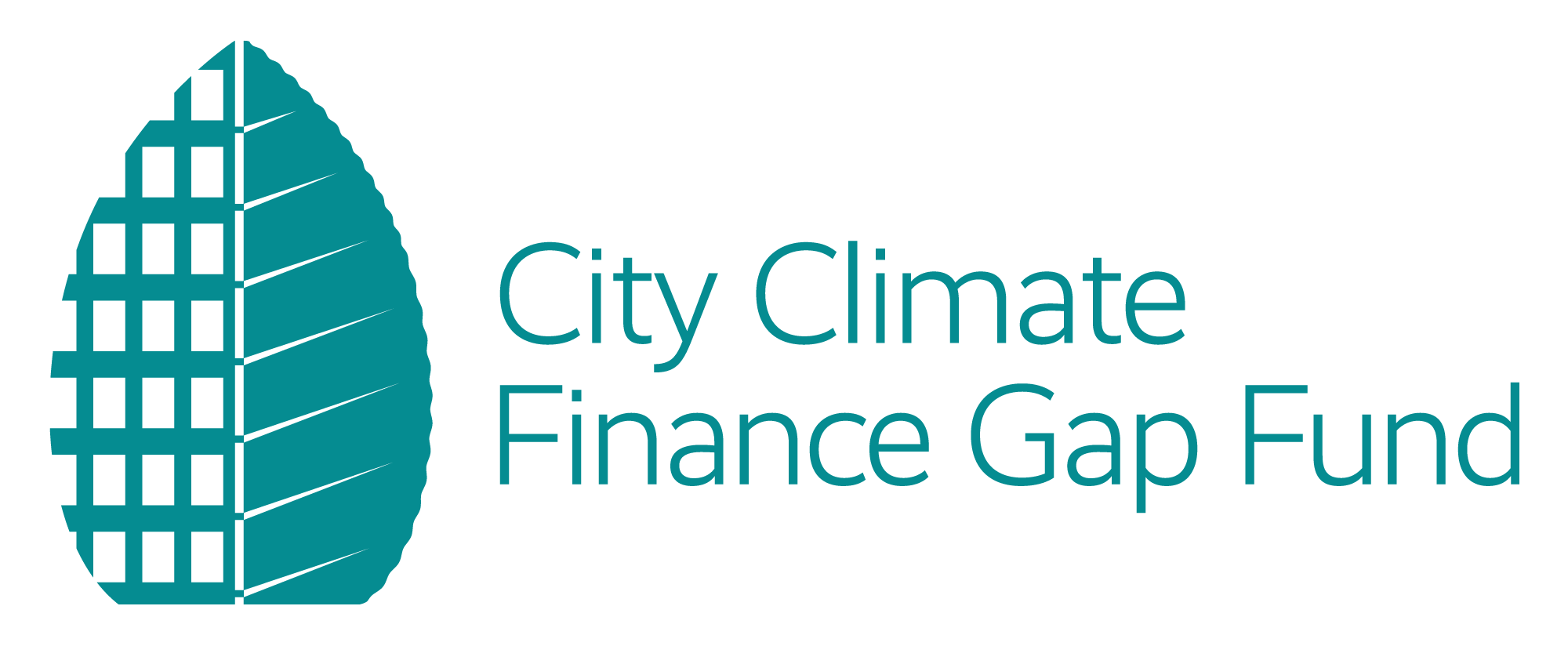Leveraging partnerships to strengthen cities’ resilience to climate change

Cities in low-income countries and emerging economies face significant challenges in developing and financing climate-resilient infrastructure. Many lack the technical expertise, institutional frameworks, and financial resources needed to design and implement resilient and sustainable projects that can withstand the escalating impacts of climate change. Gaps in data collection, stakeholder engagement, and governance further limit their ability to plan effectively and attract necessary investments.
Strengthening local capacity is essential for bridging these gaps. Governments, development organizations, and donors must align to equip cities with the knowledge, skills, networks and tools required to drive sustainable urban development. By fostering collaboration, sharing expertise, and mobilizing finance, these partnerships can empower cities to implement resilient infrastructure solutions that meet both immediate and long-term needs.
Integrated capacity development approach
One example of such collaboration is the partnership between the City Climate Finance Gap Fund (Gap Fund) and the C40 Cities Finance Facility (CFF). Both initiatives are project preparation facilities that support cities in strengthening their technical, institutional and financial capacity to develop climate-resilient sustainable infrastructure.
This partnership strengthens support for Gap Fund beneficiary cities in low-income countries and emerging economies by providing access to CFF’s proven capacity development tools and methodologies. It also creates handover opportunities for some Gap Fund supported cities, building a potential pipeline of projects for CFF’s late-stage support at the feasibility stage. One successful case is Mbombela (South Africa) where the Gap Fund supported the development of a Transformative Riverine and Stormwater Management Programme (TRSMP). The TRSMP had been inspired and learned from CFF’s formerly supported Transformative Riverine Management Programme (TRMP) in eThekwini (South Africa). It helped the city identify climate resilient stormwater and flood alleviation infrastructure in three sub-catchment areas, which is expected to reduce flood risks for 60,000 residents. The project was later handed over to CFF to develop the project’s feasibility study, which is ongoing until mid-2026.
On capacity development, the partnership’s activities began in February 2024 with Lusaka (Zambia), becoming the first-ever Gap Fund beneficiary to join a CFF City Academy on Finance and Equity (CAFE). Hosted by eThekwini Municipality in South Africa, this edition of the CAFE focused on innovative and inclusive financing solutions for Nature-based Solutions (NbS). The four-day training equipped city officials with practical tools for planning sustainable and equitable infrastructure projects. It provided actionable guidance to transform urban ideas into impactful climate action, reducing greenhouse gas emissions and creating resilient, livable cities.
In June 2024, a joint CAFE in Casablanca (Morocco) brought together Gap Fund supported cities working on waste management and energy efficiency in buildings. More than 30 delegates from nine cities participated, including Casablanca and Zenata (Morocco), Elbasan (Albania), La Marsa (Tunisia), Makindye (Uganda), Nikšić (Montenegro), Nyamira (Kenya), Ojodu (Nigeria). The GIZ Zambia supported City of Mansa joined as well. Out of these, 23 delegates from eight Gap Fund supported cities have already received or are currently receiving Gap Fund support.
As Alex Kivumbi, Head of the Innovation and Resource Mobilization at Makindye Ssabagabo Municipal Council in Uganda, emphasized in the video: “A project preparation facility like the Gap Fund and CFF can really help us (…) to achieve our objectives of addressing the challenges of climate change in the city of Makindye.”
CFF also supported the implementation of tailored capacity development tools for specific Gap Fund partner cities. These efforts included capacity gap assessments, financial option analyses, equity and inclusion assessments, as well as socio-economic and environmental benefit assessments.
Looking ahead
As demand for Gap Fund support continues to grow, impact-driven partnerships must keep strengthening cities’ capacities to deliver climate-resilient and sustainable infrastructure. Building on the successes and lessons of 2024, a new phase of this important partnership between Gap Fund and CFF is in full swing to extend capacity development support to even more cities across the world.
Last month, 35 cities representatives from Thailand, India, Indonesia, and Malaysia, gathered in Bangkok to accelerate transformative and equitable actions on Sustainable Waste Management. Gap Fund supported cities included Hat Yai and Nakhon si Thammarat (Thailand); Bukittinggi, Jambi, Bogor, and Cirebon (Indonesia) and Kota Bharu and Kluang (Malaysia). The Urban Act Asia supported City of Shimla participated as well.
The next CAFE is expected to take place in 2026 in Eastern Europe or Central Asia, continuing to foster regional collaboration and locally led climate action.
About the C40 Cities Finance Facility (CFF): The CFF bridges the gap between cities and finance to support a green and just transition. The facility is funded by the Government of the United Kingdom and the German Federal Ministry for Economic Cooperation and Development (BMZ). It is jointly implemented by GIZ and the C40 Cities Climate Leadership Group.
About the City Climate Finance Gap Fund (Gap Fund): The Gap Fund provides technical and advisory services to support city leaders in low- and middle-income countries and emerging economies. Its focus is to help prioritize and prepare early-stage, climate-smart investments, with the goal of making them bankable. The Gap Fund is implemented by the World Bank and the European Investment Bank (EIB). GIZ provides technical assistance on behalf of the EIB.
